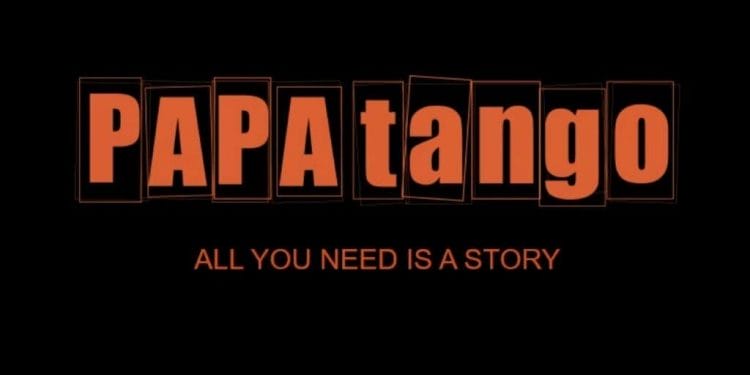2021 will see Papatango mount an ambitious programme of open-entry opportunities to support early-stage artists and freelancers, who are among those hardest hit by Covid-19, and provide completely free and accessible new plays to help encourage audiences back to theatre. The 2021 programme will see:
- a reimagined iteration of the annual Papatango New Writing Prize – now in its thirteenth year – to generate career-defining work for thrice as many artists and produce free world premières in the company’s biggest nationwide tour to date in a new partnership with ETT (English Touring Theatre);
- the launch of Papatango’s Education Portal to ensure anyone can train to make theatre;
- the expansion of tried-and-tested, completely free creative learning opportunities through GoWrite, with Sarah Emily Parkes appointed to the newly created role of Education Officer.
The company will also film their multi-award-nominated production of 2019 Papatango Prize-winner Shook by Samuel Bailey – which was due to transfer to the West End when the pandemic hit – with its original director and Papatango’s Artistic Director George Turvey at the helm in collaboration with BAFTA winning and multi-Emmy-nominated director James Bobin; the film will be released in early 2021.
Completing the programme will be the rescheduled world première of Igor Memic’s Old Bridge, previously announced as the winner of the 2020 Papatango New Writing Prize, at Bush Theatre in a new partnership with the venue.
Artistic Director George Turvey said today, “We’re bouncing back from the pandemic with our biggest ever programme to support artists and audiences. Including our first film, our rescheduled move to the Bush Theatre, and our remodelled Prize, we’ll champion more brilliant new talent than ever before at a time when this is especially vital. Equally, by welcoming Sarah to the team and launching our education portal, we’ll help even more people to get into theatre and reap the benefits of creativity. That we can deliver this expansion, even though we run without any core public subsidy and chose not to apply to the Cultural Recovery Fund so that others with greater need could do so, demonstrates what can be achieved with a little will and a lot of imagination.”



















